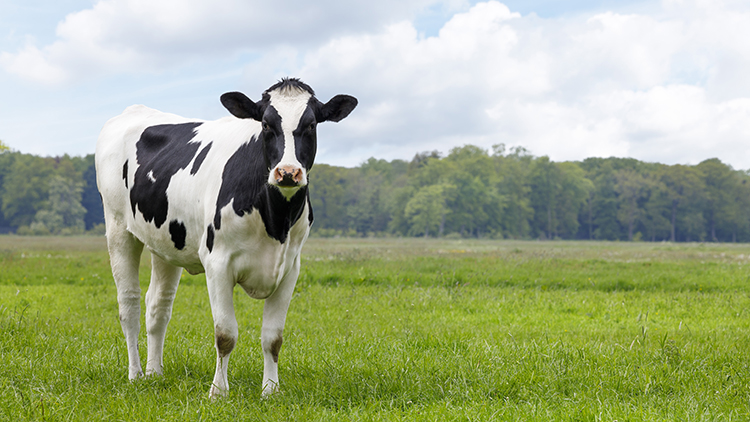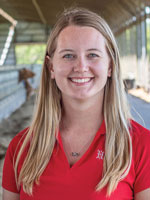
Kornegay’s focus for her session, titled “Could Activists Carry Away Your Dairy?”, was what activists are doing to lobby for their agendas when it comes to animal welfare legislation. Even though this small group of people has a loud voice, there are still ways for folks in the agriculture industry to have an impact on these movements.
The mission of activist groups sounds appealing when they claim to care for animals, which is a shared feeling by many people in society. However, their extreme views go beyond caring for animals. Some believe there is no place in our world for animal-based products of any kind. I know many others just like myself have seen the posts they push on social media trying to convince people how “evil” or “unethical” the dairy industry is.
For the Animal Agriculture Alliance, it is their job to monitor all activist activity for all kinds of agriculture. This means connecting with farmers, cooperatives, check-off programs, and even restaurants to ensure animal agriculture stays in the picture.
Taking legislative action
It can seem intimidating to engage with politics, even when it is agricultural legislation that concerns you or your farm.
“Working with policy actually starts on the local level,” Kornegay described. “It has been recommended from many other groups that the best way to advocate for yourself and your farm is to start being more involved with your local legislative activity.”
Once your involvement begins, it can become much easier to get to know what representatives to vote for who will be on the side of animal agriculture.
Defending dairy at home
There are many groups that have been known to illegally trespass on farms, blockade milk trucks from creameries, or even damaging essential equipment on farms. There are steps you can take to make sure your farm, the employees, and the animals stay safe.
“A great way to start figuring out a plan for your farm is to consult professionals,” Kornegay advised. “Whether that be industry professionals, academia, or another farmer with a plan already in place, it is good to receive advice on how to protect your farm.”
The issues and engagement manager for AAA also emphasized the importance of maintaining basic safety through locking doors, closing gates, or even installing security cameras.
Kornegay said that when there are newcomers to the farm, if that means employees or visitors, make sure you are asking thorough questions. This is your property, so you always have the right to deny someone access if you feel that they have poor intentions.
One of the most extreme occurrences on farms is protests. If you are ever faced with a protest, it is important to stay calm and fall back on your action plan that should be created in advance. You should also have a working relationship with local law enforcement, so they are familiar with your operation and location, and ensure they are educated about the possibility of this happening.
“It is best to avoid contact with activists because they are so extreme in their views,” Kornegay explained. “They are there to provoke you and get a reaction they can record and then use. Nothing you can say will change their mind or leave you be.”
Above all, remember that dairy farmers are providing a safe, nutritious, and affordable product for people to consume, and the opinions of a few extremists should not be taken to heart or prevent us from continuing the legacy of the dairy industry.
For more information on how to continue to advocate for the dairy industry, visit animalagalliance.org.

Mikayla grew up near Osceola, Wis. She discovered her passion for the dairy industry while working on her neighbors’ Holstein dairy farm. That spurred her involvement in 4-H and FFA, and following graduation from Osceola High School, she headed to the University of Minnesota to pursue a degree in agricultural communication and marketing. During the school year, she worked as a website designer for the University of Minnesota department of animal science, and last summer, she was a farmer relations intern for Midwest Dairy. Peper served as the 2022 Hoard’s Dairyman editorial intern.